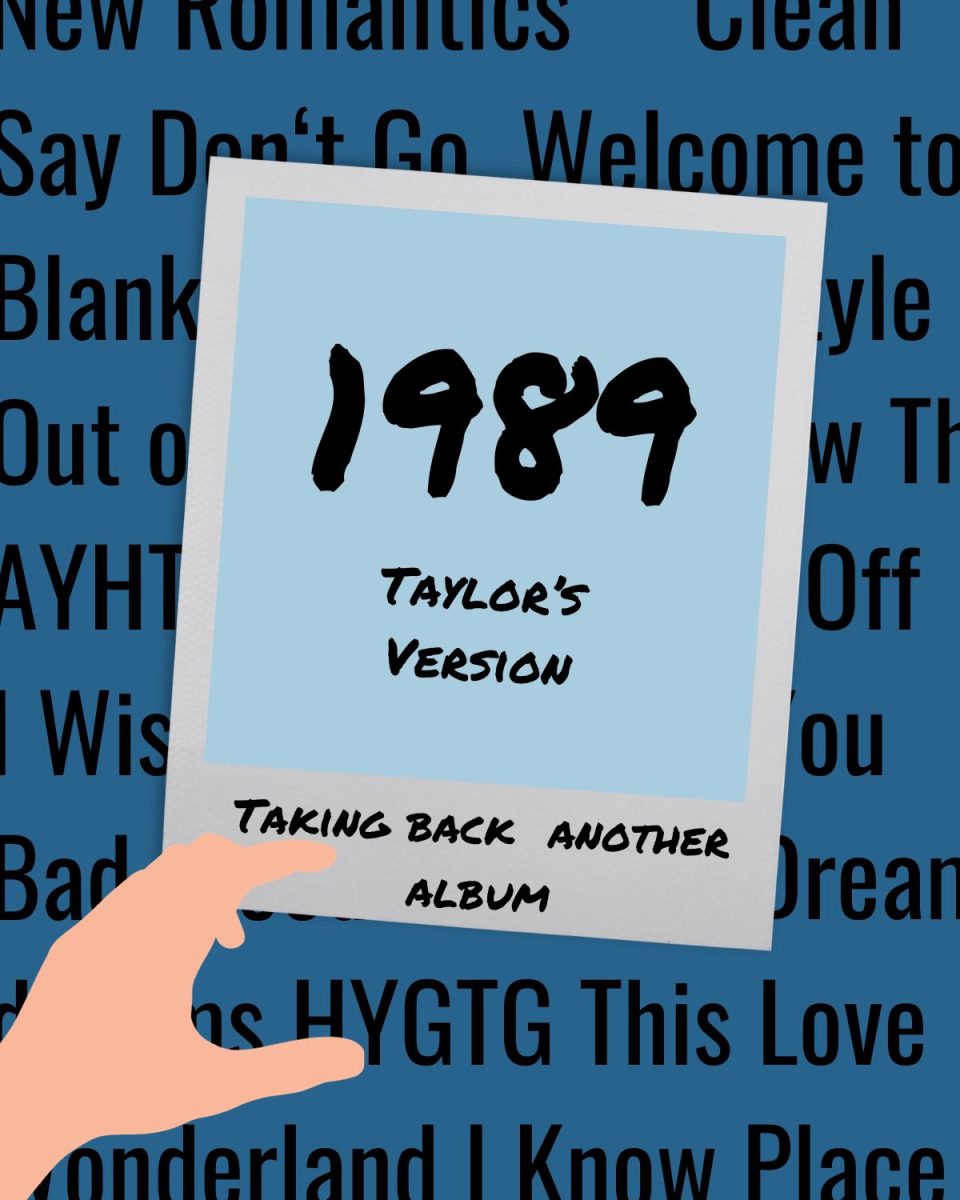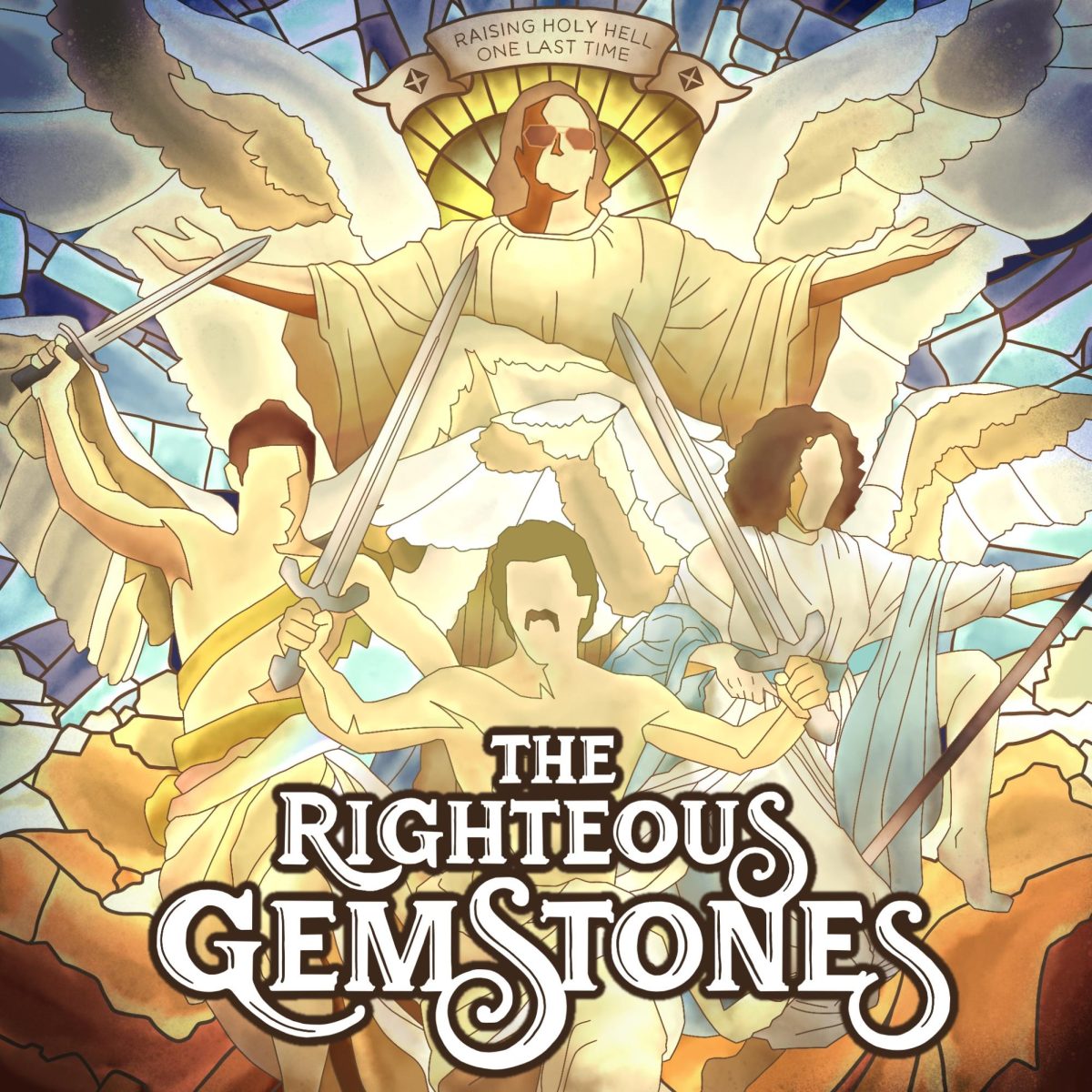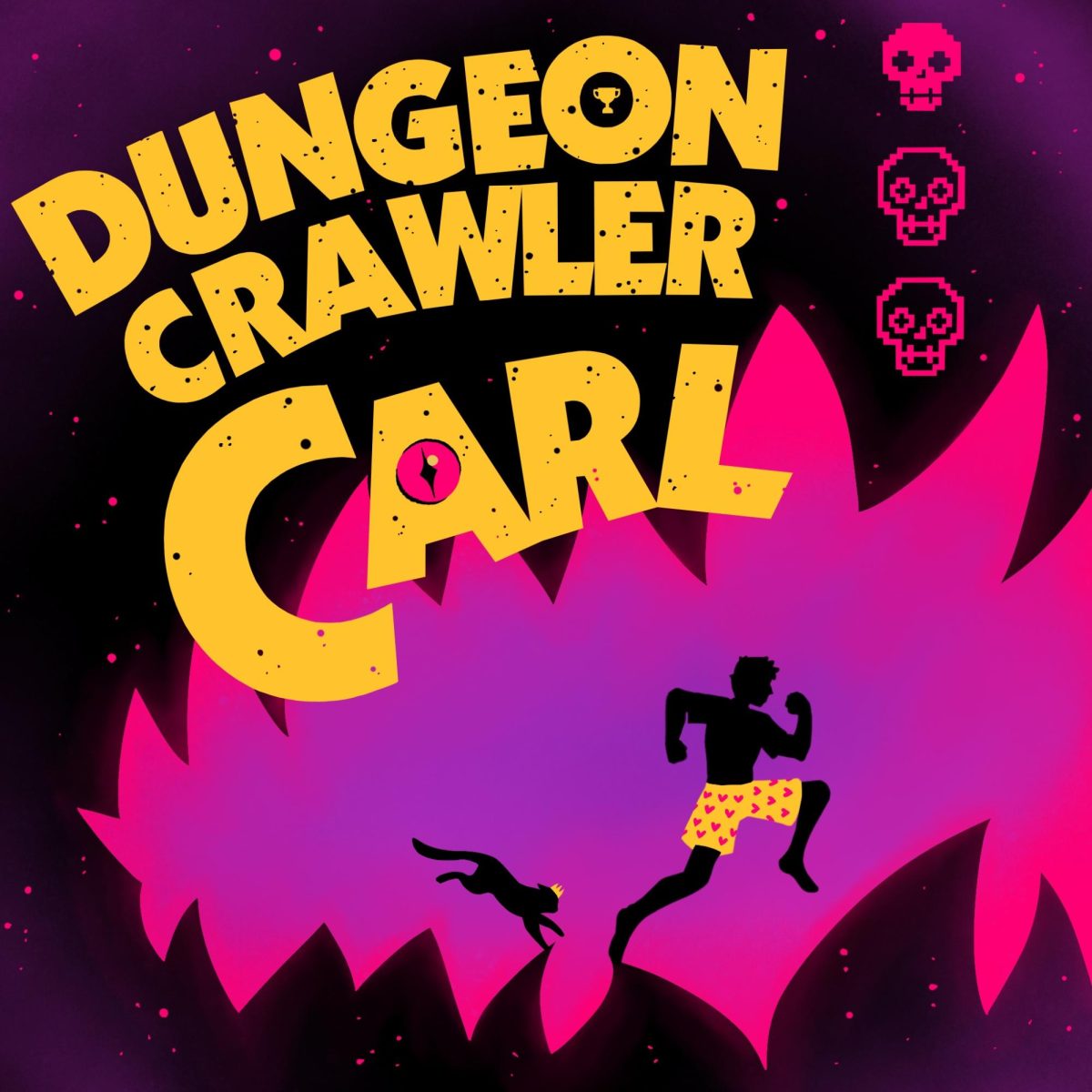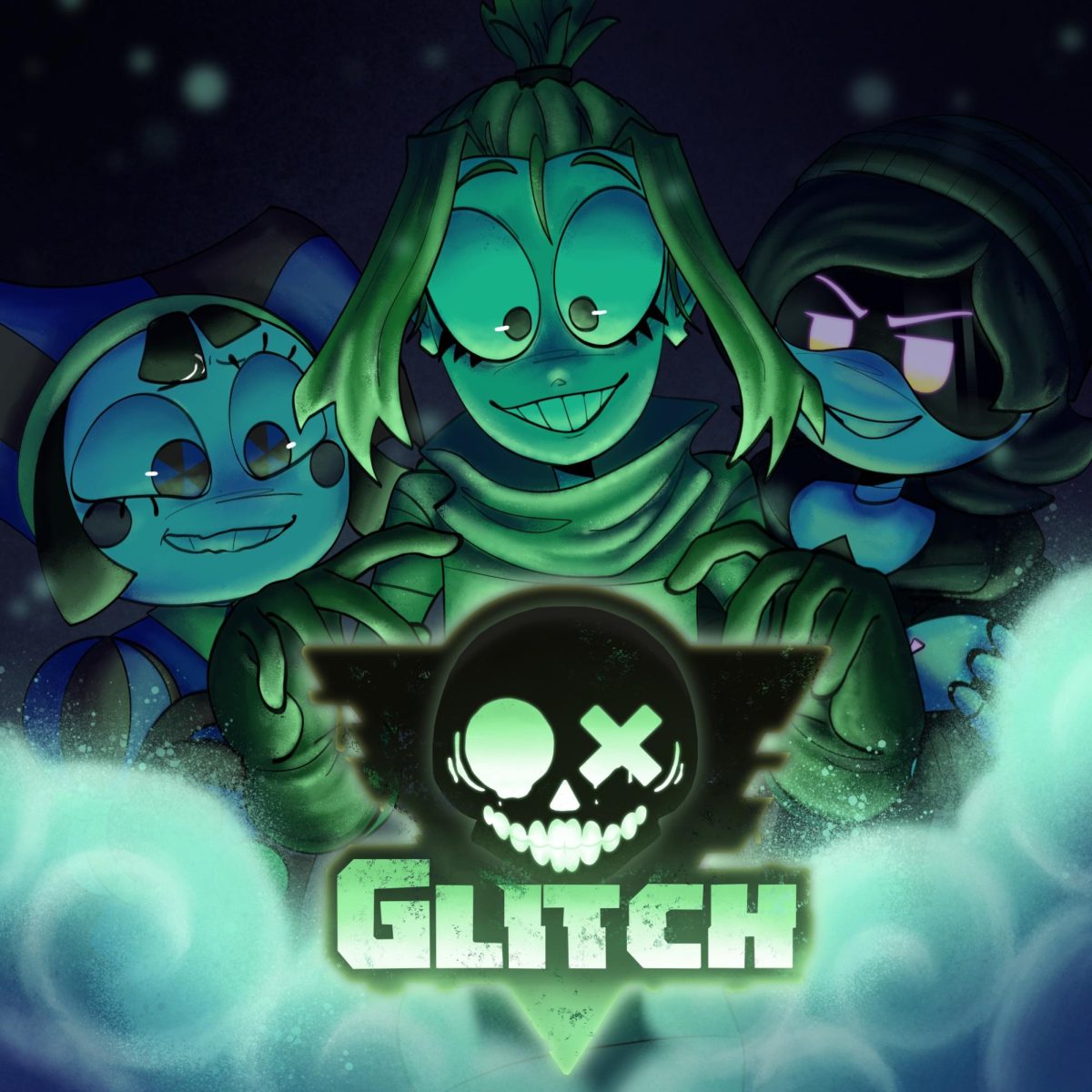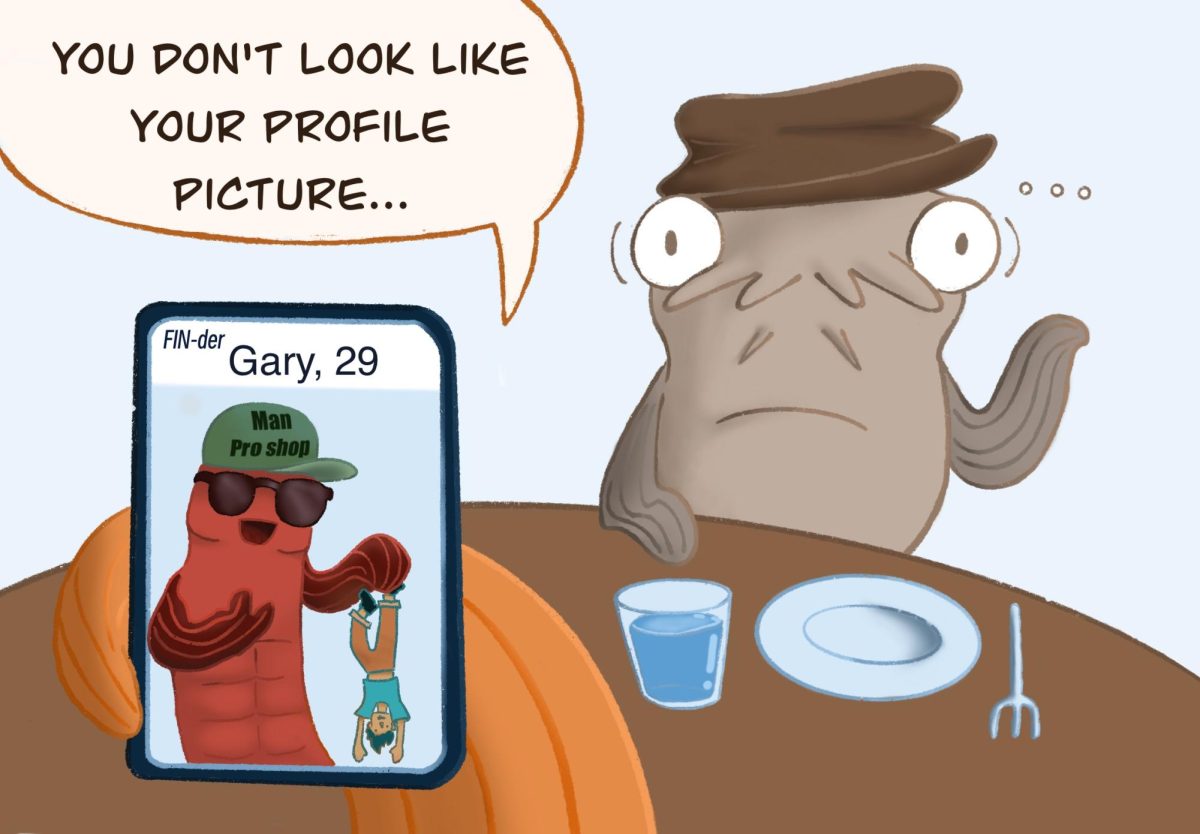Taylor Swift welcomed fans back to New York last weekend with the release of her latest re-record, “1989 (Taylor’s Version)”. This is Swift’s fourth re-record in her saga of reclaiming her music from her first six studio albums. Swift lost ownership of these songs after she made the decision to part from recording company Big Machine Records Label Group in 2018.
Swift began her re-recording journey in 2021, starting with the re-release of Swift’s sophomore album “Fearless (Taylor’s Version)”, describing the releases as a passion project.
“Ever since I started writing songs, my main goal in my career was to own my work and to own the art that I created,” said Swift during a speech from her 2023 “Eras Tour”. “I just had a feeling that maybe if I was really lucky and I really really worked hard on [the re-records], [fans] might love my version of my albums.”
This is by far the most significant re-record so far, as the original “1989” album is recognized as one of the most culturally relevant albums in her discography. Upon the original release of the album in 2014, Swift received unprecedented levels of success, including winning Album of the Year and Best Pop Vocal Album at the 2016 Grammy Awards. The album also marked the transition from Swift’s country roots into mainstream pop.
Needless to say, Swift had her own massive shoes to fill with this release.
“1989” was released nine years ago, and it’s within reason to expect there to be differences between the original and re-recorded tracks; in fact, hearing a difference in vocals and production is something to be celebrated, as it reflects musical growth in Swift’s career. However, some sentimental fans have already sprung to social media to criticize every minimal detail in the re-records. This is a trend that has appeared following each of Swift’s re-releases so far.
Some complain Swift’s choruses sound significantly autotuned. Others say that the more notable elements from the album like the guitar introduction on “Style (Taylor’s Version)” sound completely different from the original tracks. And of course, there’s always the few that complain Swift’s re-recorded songs lack the emotion in her vocals that was characteristic of the originals.
Perhaps we’re being far too critical because of our intense attachments to the initial recordings.
But is it nostalgia that’s boggling down the ability to determine true improvements in vocals and production? Or is there truly something to be said about the lack of quality in Swift’s re-recorded tracks?
This is a case easily diagnosable: it’s really the classic Swiftie overreaction to change. I’d argue that every single track on this release sounds significantly clearer in production. Some of the best songs on the album, like “Clean (Taylor’s Version)” and “You Are in Love (Taylor’s Version)” sound infinitely better than they ever did before. The amount of clarity in the instrumentation and matured vocals that show undeniable growth between the nine years of the original album and re-release. The changes Swift made refined her iconic pop tracklist into a crisper version of what it had always been, not altered the songs that we’ve grown to love beyond recognition. It’s completely unreasonable to expect there to be little to no change between the original and re-recorded tracks, and the differences between them should be celebrated rather than disparaged. And after all, so what if there is a slight difference between the original vocals and instrumentals compared to the re-recorded ones? It’s more important to support Swift in her pursuit of taking back what’s rightfully hers than to be picky about the tiniest of details.
Accompanied by the re-recorded songs, Swift included five tracks “From the Vault”. These are songs Swift wrote as options to include in the initial album, and ultimately decided not to feature them on the final tracklist. Years later, these re-recorded albums allow Swift to share these extra songs that never got their time in the limelight the first time around.
My first impression of these vault tracks on the day of the release was that they sounded uncannily similar to many songs in Swift’s 2022 album “Midnights”. The production and instrumentals have the same twinkly, synth-heavy features. “Suburban Legends (Taylor’s Version)(From The Vault)” and “Mastermind” are two examples of the nearly identical introductions and melodies. Some of these tracks are also more thematically complex with lyrics that can be interpreted at a deeper level like songs from “Midnights”, compared to some of the actual songs on the album like “Welcome To New York (Taylor’s Version)” or “Shake It Off (Taylor’s Version)” that are less lyrically profound and more designed to be danceable pop songs. It’s honestly fascinating to hear that songs almost ten years old sound so much more similar to Swift’s most recent album rather than the one they were originally written for.
Out of all five additional vault tracks, my personal favorite is “Now That We Don’t Talk (Taylor’s Version)(From The Vault)”. It’s the shortest song in all of Swift’s discography at two minutes and 26 seconds, and easily one of the catchiest vault tracks on the album. Part of the appeal is the fact it’s most similar to the original album, and has a way of earworming itself into any unsuspecting listeners.
Because of their similarities to “Midnights”, the five vault tracks don’t necessarily fit in seamlessly with the pre-existing songs on “1989 (Taylor’s Version)”. However, they’re still undoubtedly great quality songs that fit well into the overall pop vibe of the album.
With this re-recording, Swift just confirmed what had already been known about this album from the moment it was released for the first time in 2014. It’s one of the most sonically cohesive albums in Swift’s discography and one of the most well-written and produced pop albums of the 2010s, proving that it will truly never go out of style.


